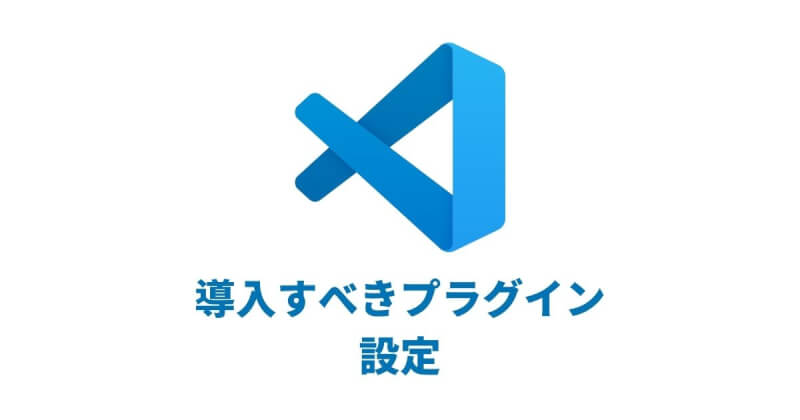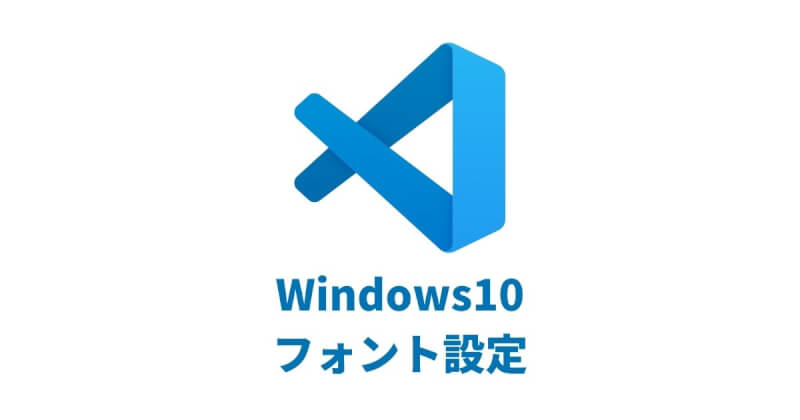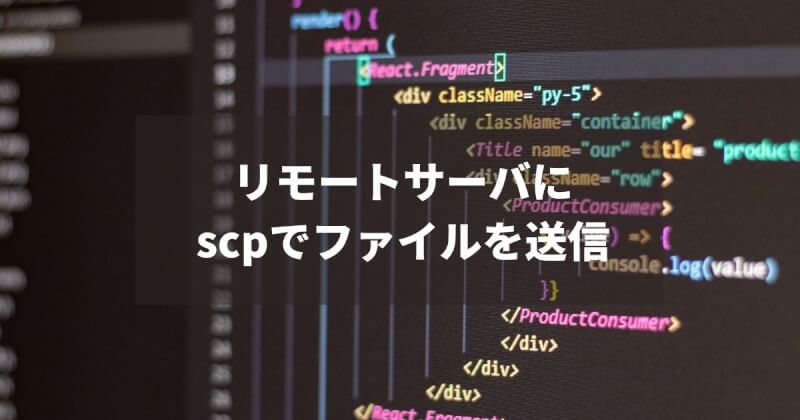自分はVisual Studio Code(VSCode)をメインのエディタとして利用しています。
VSCodeは、プラグインが豊富で軽量なので使いやすいですよね。
この記事では自分の備忘録を兼ねて、VSCodeのおすすめ設定を紹介します
こんな人向けの設定
- Docker使う人
- 計算機サーバーのファイルを直接編集したい人
- VSCodeを動かすOSはWindows10
目次 非表示
setting.jsonの編集
VSCodeでは設定をsetting.jsonで管理しているので、ここに直接設定値を書き込んでいきます。
setting.jsonは、ctrl+shift+Pでパレットを開いて、”open setting”と調べてJSONを開くことで編集が可能です。
共通設定
右側のminimapを消す、末尾の空白を削除、保存時にフォーマットをする、ホイールズームの有効化等々です。
"editor.minimap.enabled": false,
"files.trimTrailingWhitespace": true,
"editor.formatOnSave": true,
"editor.mouseWheelZoom": true,
"workbench.colorTheme": "Monokai",
"editor.wordWrap": "on",フォント
フォントはRicty Diminishedを利用しています。
"editor.fontFamily": "Ricty Diminished",
"editor.fontSize": 16,
"terminal.integrated.fontFamily": "Cascadia Code",※Windows10へのRictyのインストール方法は下記記事を参考にしてください。
Pythonの設定
autopep8を使った自動フォーマットとlintによる構文チェックを行います。
pathを追加するときにimportの順番などを自動で変更されるのは嫌なので、E402エラーは無視しています。
自分はpythonの仮想環境としてvenvを利用しています。仮想環境はホームディレクトリ以下のvenvディレクトリで管理しているので、vscodeから ~/venv/以下の仮想環境を認識できるようにパスを追加しています。
"python.linting.lintOnSave": true, "python.linting.pylintEnabled": false, "python.linting.pep8Enabled": false, "python.linting.flake8Enabled": true, "python.linting.flake8Args": [ "--ignore=W293, W504", "--max-line-length=150", "--max-complexity=20" ], "python.formatting.provider": "autopep8", "python.formatting.autopep8Args": [ "--aggressive", "--aggressive", "--ignore", "E402", ], "python.venvFolders": [ "envs", ".pyenv", ".direnv", "venv" ]Goの設定
python同様にlintと自動フォーマット程度です。
"go.useLanguageServer": true, "go.lintTool": "golangci-lint", "[go]": { "editor.insertSpaces": false, "editor.formatOnSave": true, "editor.codeActionsOnSave": { "source.organizeImports": true } }拡張機能
おすすめの拡張機能です
| 拡張機能 | 説明 |
|---|---|
| vscode-icons | アイコンをきれいに表示 |
| Go | Goの開発で必須 |
| Python | Pythonの開発で必須 |
| YAML | yamlファイルの編集に必須 |
| Visual Studio InteliCode | 補完機能 |
| Prettier | Code Formatter |
| RainbowCSV | CSVの見た目を整えてくれる |
| Remote SSH | リモートPCのファイルを直接編集 |
| Remote Container | Dockerコンテナ内のファイルを直接編集 |
| Remote WSL | WSL内でVSCodeを利用する |



